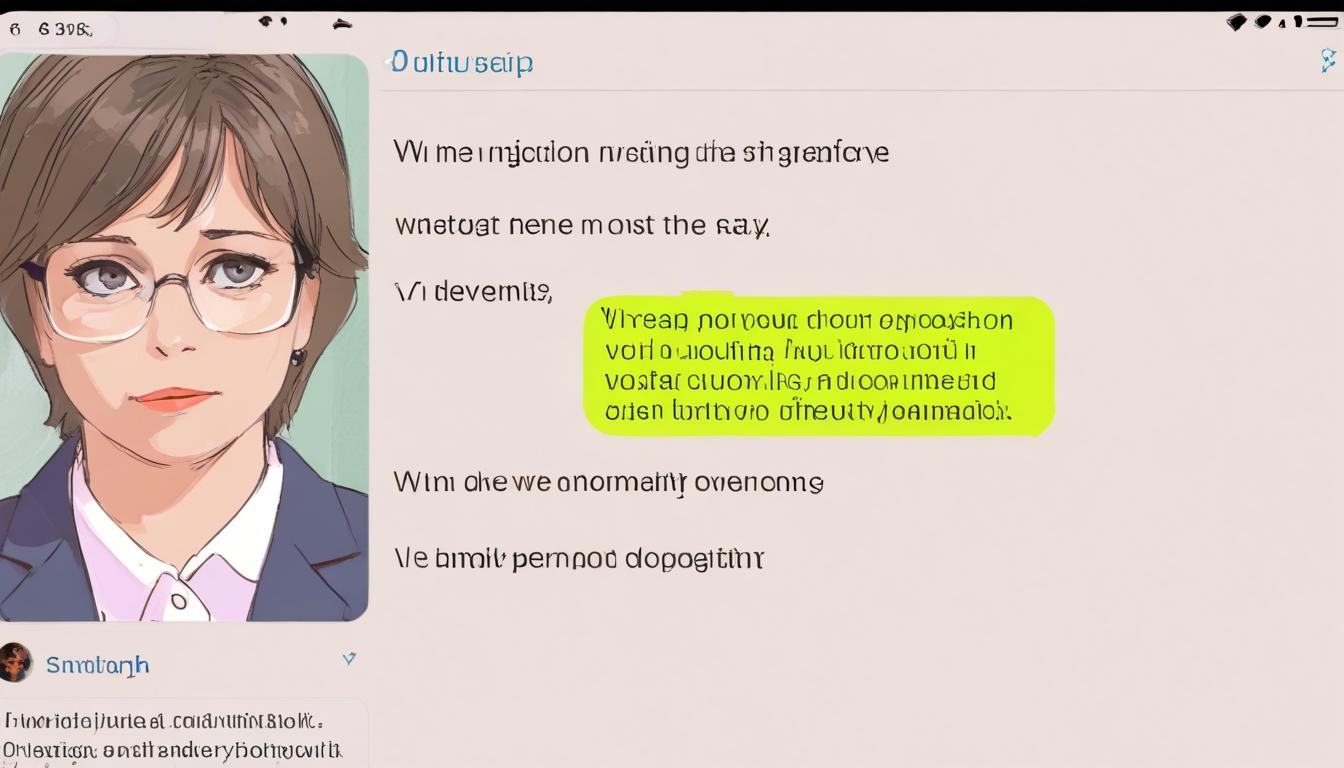A recent revelation regarding internal communications within the Democratic Unionist Party (DUP) has sparked considerable debate around the party's handling of post-Brexit arrangements. Emma Little-Pengelly, the DUP's deputy first minister, expressed that plans to appoint a ‘head of regulatory divergence’ at Stormont were “hugely politically embarrassing” for her. This incident raises questions about the party's previous assertions that the Irish Sea border had been eliminated.
The details of the WhatsApp exchange between Ms Little-Pengelly and Jayne Brady, head of the Northern Ireland civil service, were uncovered through a Freedom of Information request. The messages, dated October, indicated that Ms Little-Pengelly was alerted to the recruitment for a regulatory divergence position, which is intricately linked to the region's trade arrangements following Brexit. This position was posted just over six months after the DUP had resumed participation in the Stormont assembly, based on their interpretation that an agreement with UK Prime Minister Rishi Sunak had effectively nullified the Irish Sea border.
In his comments on the revelations, TUV leader Jim Allister stated that it “lays bare the desperate spin the DUP has deployed to conceal the reality of the Irish Sea border.” The communications illustrate Ms Little-Pengelly's concern regarding the potential political implications of the job advertisement, as she contacted Ms Brady to request immediate intervention. “I understood we were not recruiting at the moment,” Ms Little-Pengelly wrote, questioning how such a role could be advertised without attracting scrutiny.
The situation intensified when unionist activist Jamie Bryson publicly condemned the DUP for the recruitment, questioning how the party could reconcile this action with their promises to safeguard unionist interests. Ms Little-Pengelly was quick to inform Ms Brady about Bryson’s criticisms, indicating the growing media interest in the matter.
Following media inquiries regarding the recruitment advertisement, Ms Brady communicated to Ms Little-Pengelly that she would issue a clear statement addressing the issue, emphasising that the recruitment decision was not made at the ministerial level and that it had not been presented to the executive prior to the advertisement. Ms Brady noted that the role was merely being refilled rather than newly created.
As tensions mounted, Ms Little-Pengelly reiterated her concerns about the political fallout, stating, “This is hugely politically embarrassing for me.” In response, Ms Brady apologised for any distress caused and indicated that she would discuss the situation further with the permanent secretary of the Executive Office.
Mr Allister's remarks further underscored the sentiment of ongoing political disillusionment, proclaiming that the exchange highlighted the persistence of the Irish Sea border and the DUP’s role in its administration. He critiqued the party for prioritising damage control over addressing the implications of their post-Brexit arrangements, asserting that the circumstances surrounding the border have not fundamentally changed despite assurances to the contrary.
The unfolding situation continues to draw attention to the complexities and challenges facing Northern Ireland's political landscape as it navigates the implications of Brexit and the ongoing impact of the Northern Ireland Protocol.
Source: Noah Wire Services
